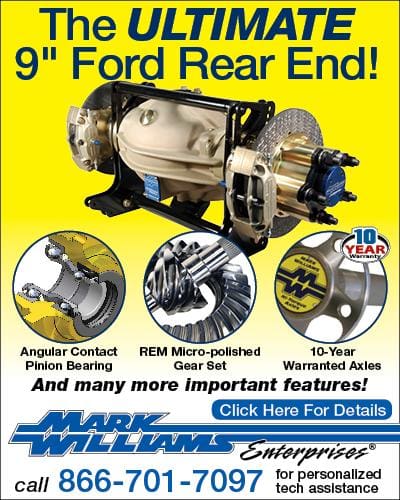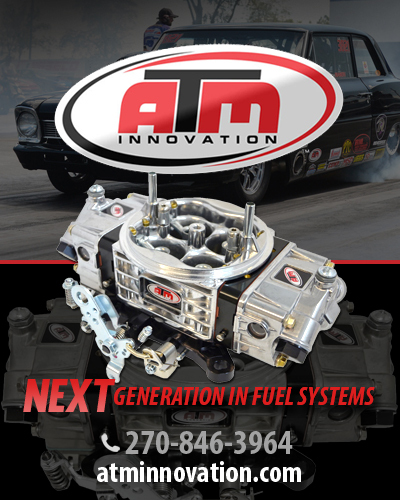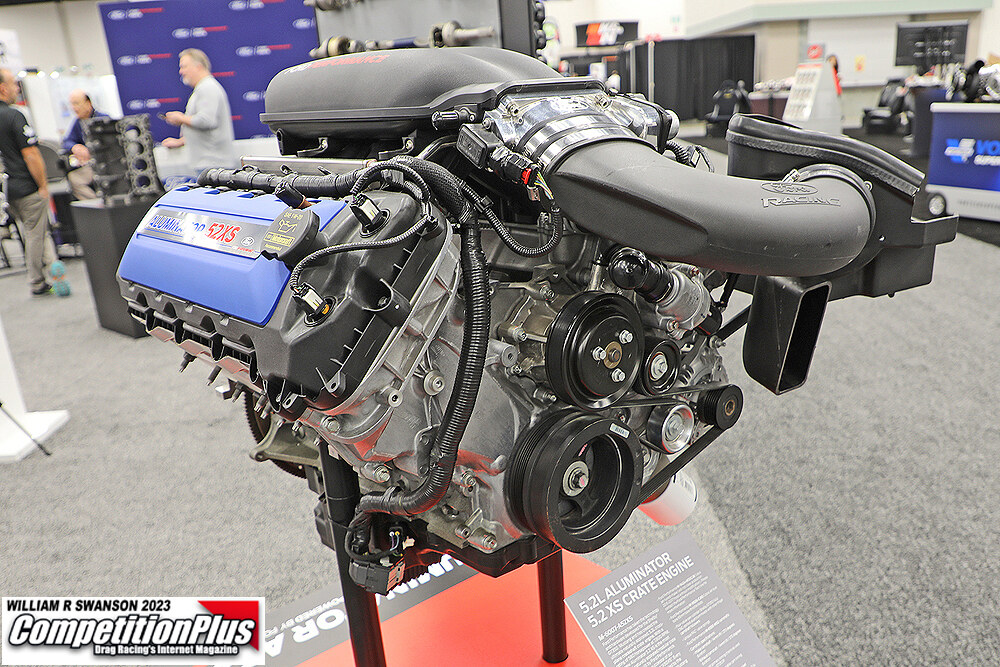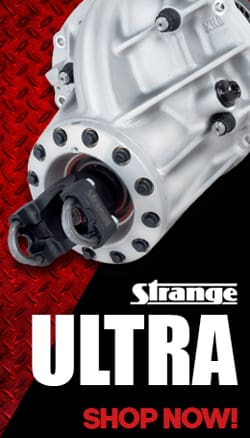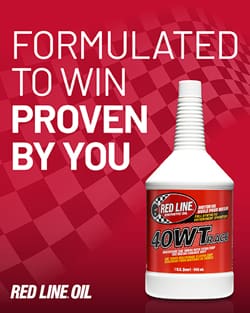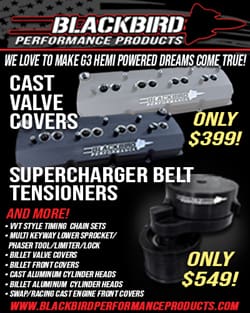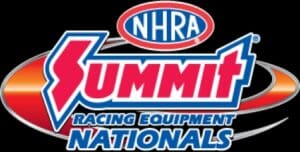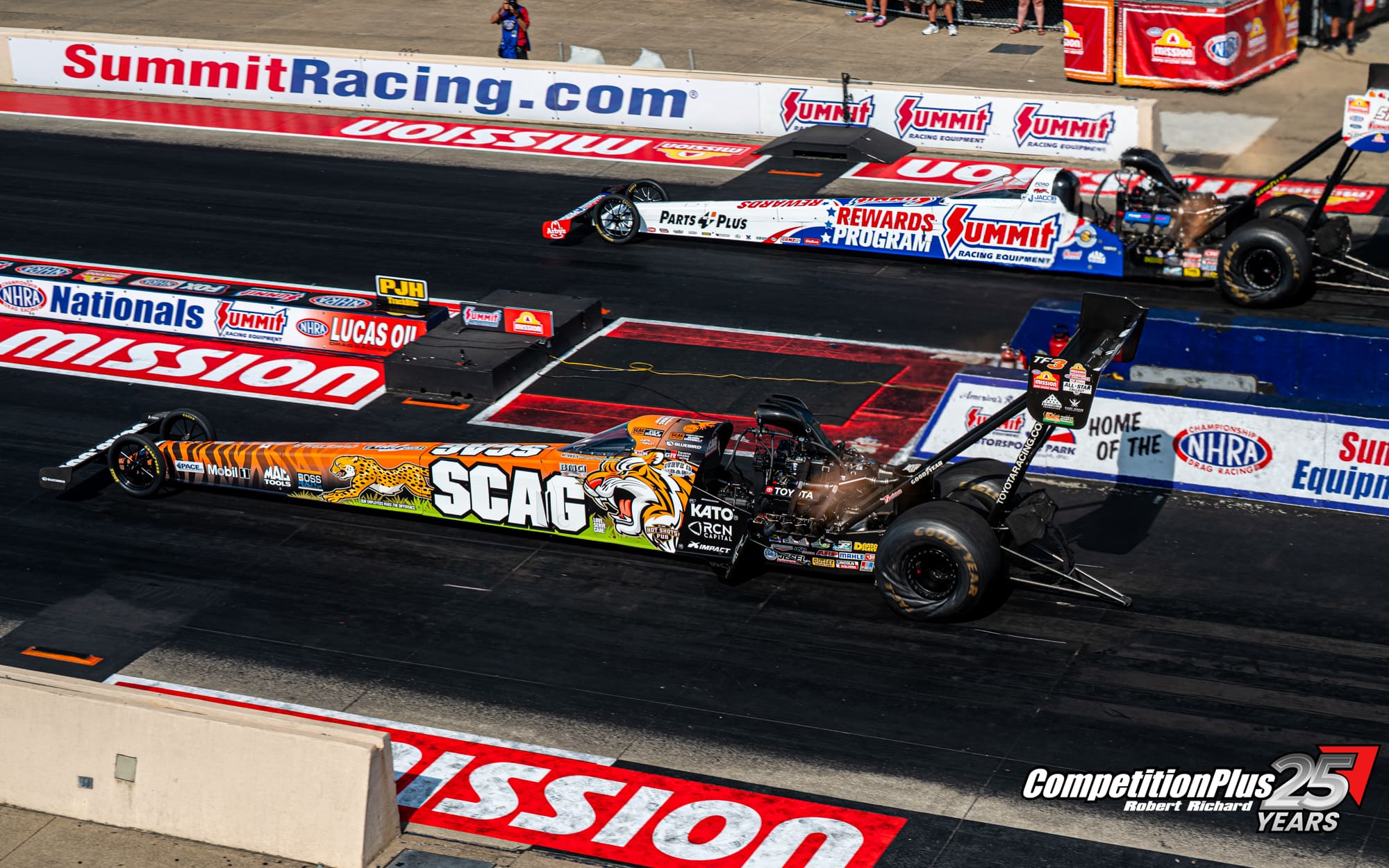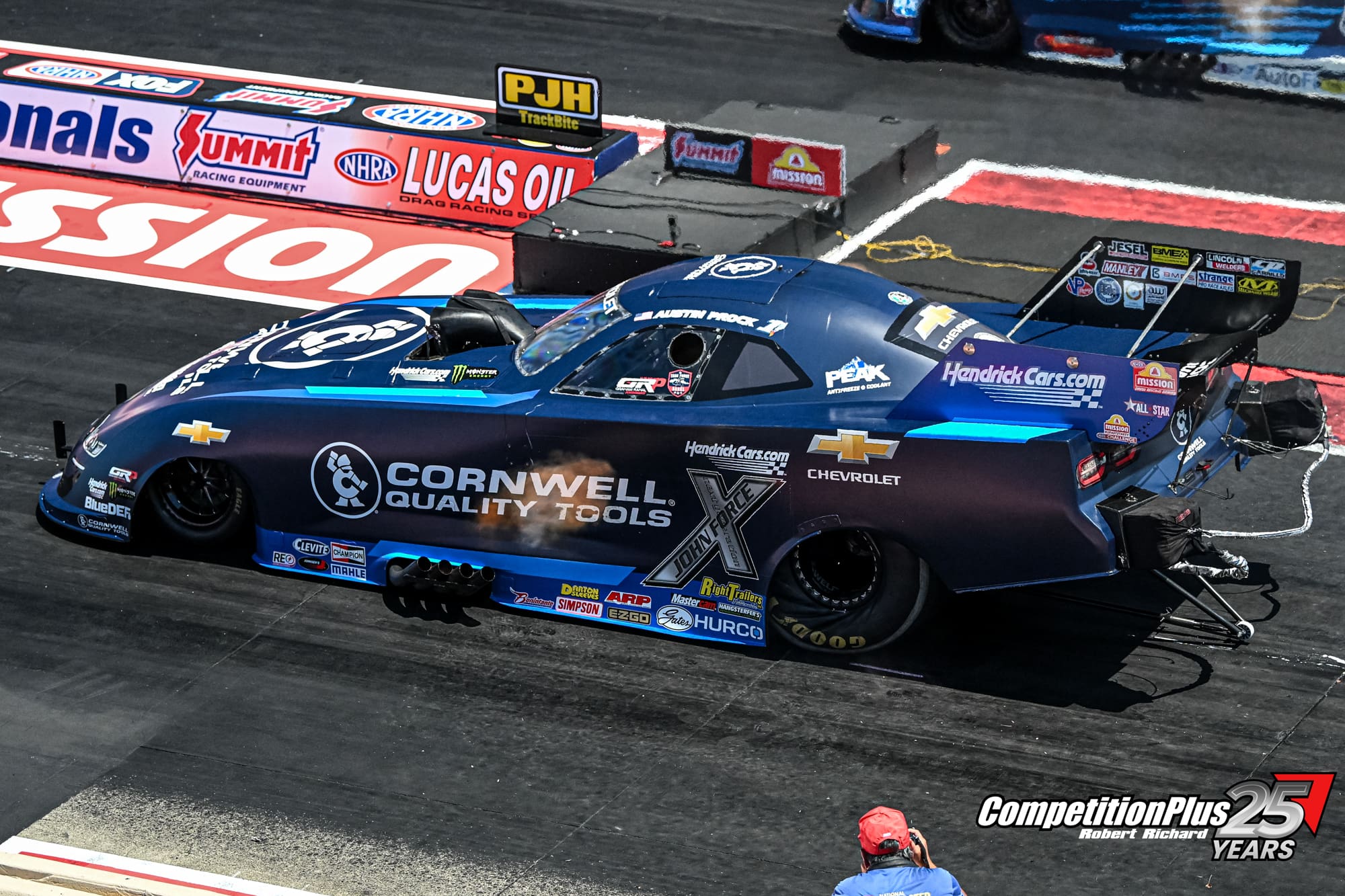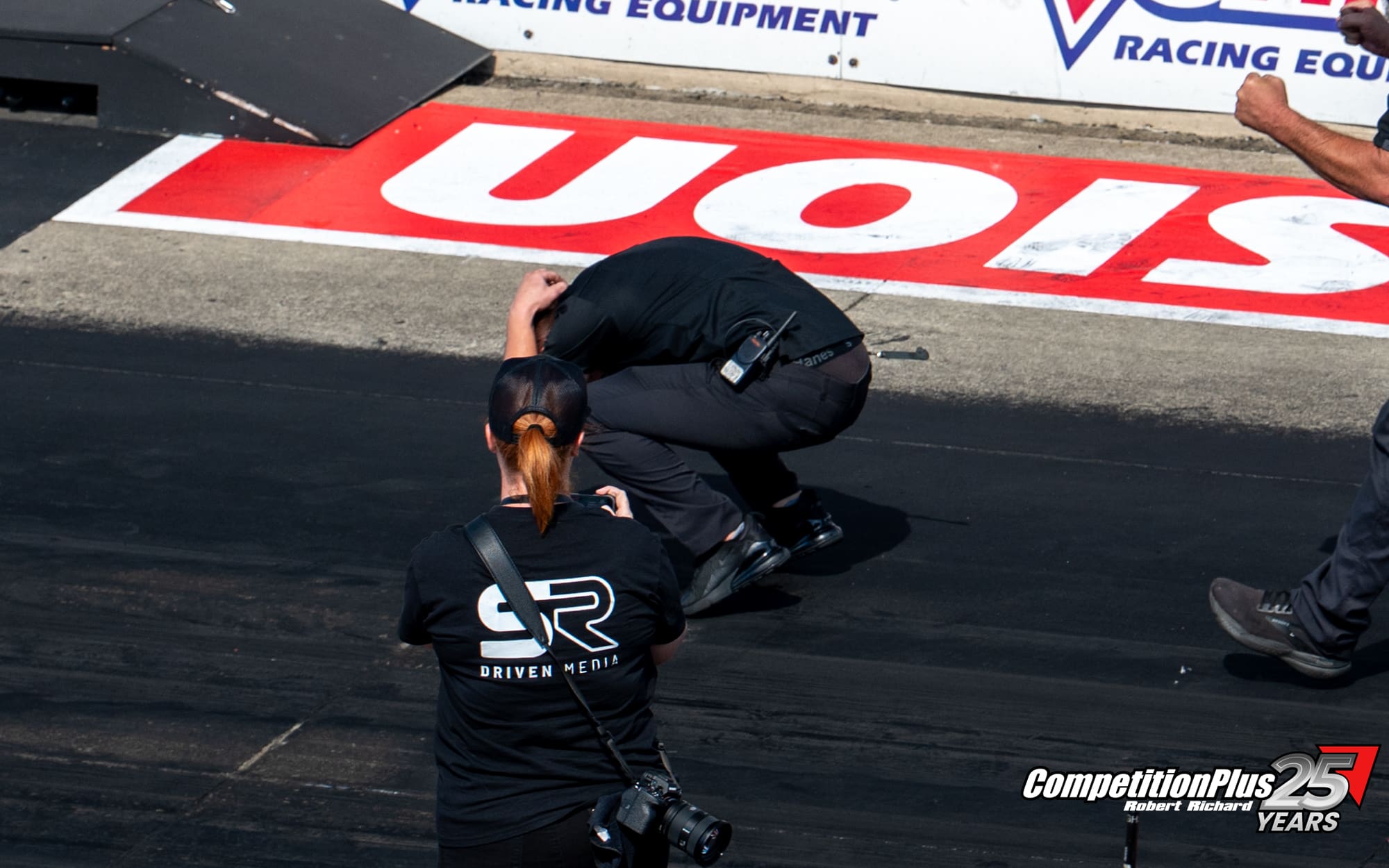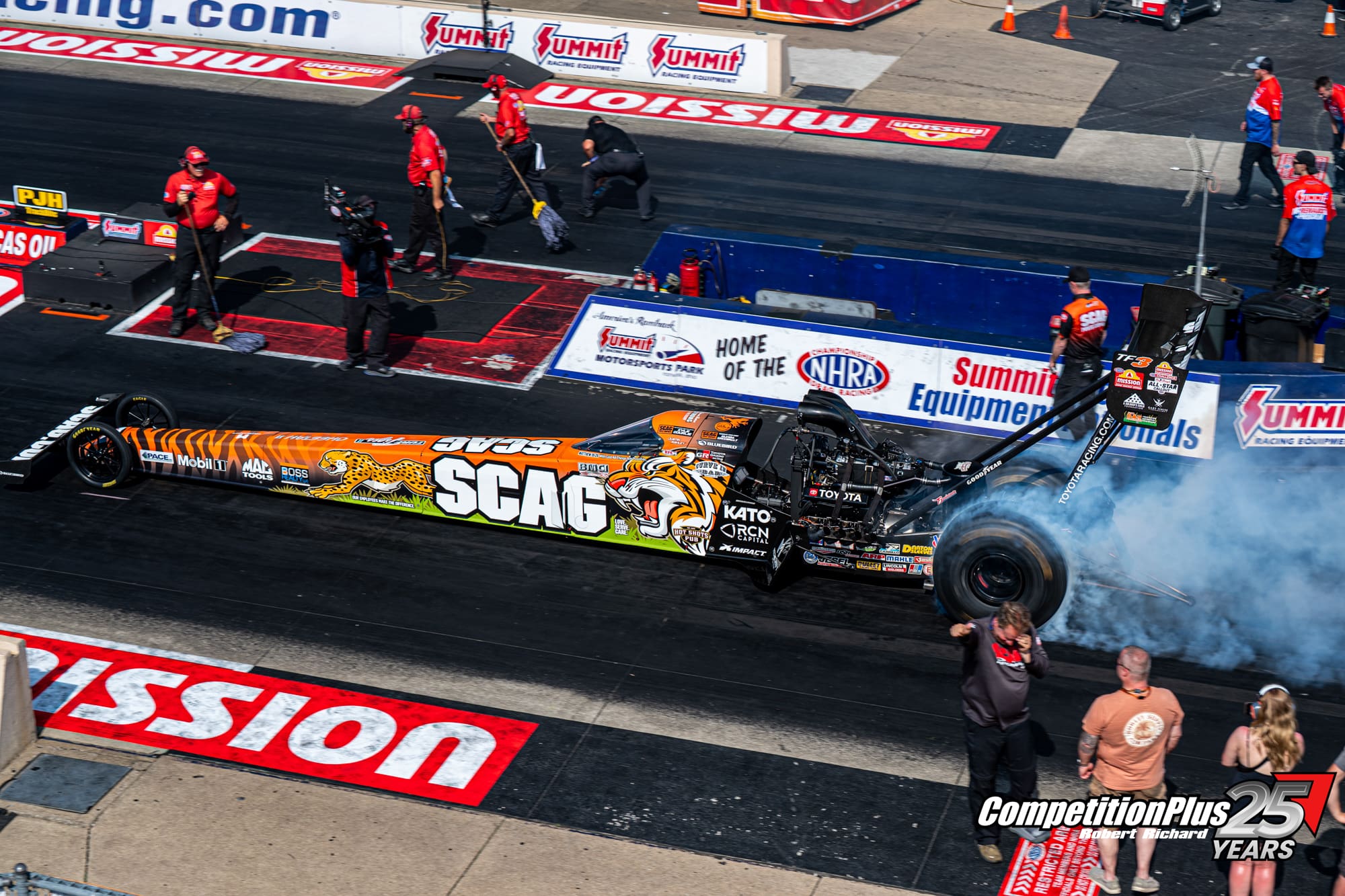 When the IHRA launched their mountain motor concept of Pro
When the IHRA launched their mountain motor concept of Pro
Stock during the 1977 Winter Nationals at Darlington, South Carolina, Harold
Denton was not sold on the long-term success of the plan. Thirty years later,
he said it was one of the things that helped propel his drag racing career.
Denton will be the first to admit that he never expected the format to catch
on.
“I really didn’t,” Denton said. “It just seemed like a backyard kind of thing,
like sandlot baseball. I never believed it would turn into what it is. It was a
time for the country boys to shine.”
Denton, now retired from driving, etched his name in the history books by
winning that very first mountain motor Pro Stock event. Fourteen years later he
would return to the same track to achieve another milestone, becoming the
first-ever Pro Stock driver into the six-second zone while driving Jim Ruth’s
Party Time Pontiac.

 When the IHRA launched their mountain motor concept of Pro
When the IHRA launched their mountain motor concept of Pro
Stock during the 1977 Winter Nationals at Darlington, South Carolina, Harold
Denton was not sold on the long-term success of the plan. Thirty years later,
he said it was one of the things that helped propel his drag racing career.
Denton will be the first to admit that he never expected the format to catch
on.
“I really didn’t,” Denton said. “It just seemed like a backyard kind of thing,
like sandlot baseball. I never believed it would turn into what it is. It was a
time for the country boys to shine.”
Denton, now retired from driving, etched his name in the history books by
winning that very first mountain motor Pro Stock event. Fourteen years later he
would return to the same track to achieve another milestone, becoming the
first-ever Pro Stock driver into the six-second zone while driving Jim Ruth’s
Party Time Pontiac.
But for Denton, his
eleven career final rounds began on that March day some three decades ago.
“I don’t think any one of us envisioned ourselves as making history that day,” Denton
said. “It was just something new that was coming along and I felt our car was
competitive enough, so we gave it a shot. If you had asked me what my odds were
that day, I would have said 8-to-1.
“I saw the guys racing there, like Ronnie Sox and Roy Hill, and I knew they had
much more money than I had to work with. I was on my own dime. Being smart
enough to race was one thing, but having the money to do it with was another.
“I always think of
that day when reminded of some advice that Kenny Bernstein gave me. He said,
‘Money won’t make you a winner, but you can’t win without money.”











